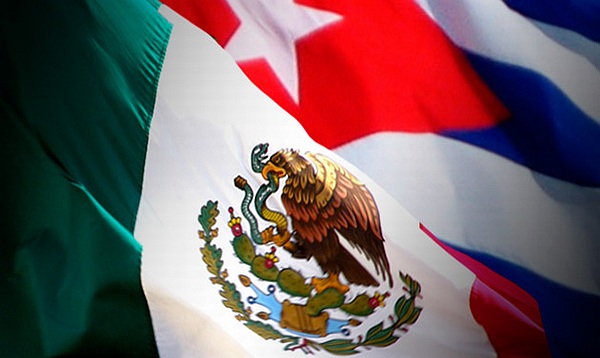Havana, Cuba - The Mexican and Cuban governments held a meeting over the weekend aimed at expanding bilateral trade, a process that could lead to the modification of the free trade agreement that has been in effect since 2001, the Mexican Economy Secretariat said.
The meeting took place this past weekend in Havana and covered "the expansion and deepening of the Economic Complementation Agreement between Mexico and Cuba - ACE 51," the secretariat said in a statement.
The talks, which were led by Mexican Foreign Trade Undersecretary Francisco de Rosenzweig and Cuban Deputy Foreign Trade Minister Ileana Nuņez Mordoche, primarily focused on ACE 51, a treaty that took effect on February 28, 2001, and follows rules established by the Latin American Integration Association, or ALADI.
According to Rosenzweig, the agreement is part of a strategy "for diversifying exports and strengthening Mexico's integration links in Latin America."
"The issues addressed during the negotiations for expanding ACE 51 were access to markets, rules of origin, technical barriers to trade and health and sanitary regulations, as well as dispute resolution," the Mexican Economy Secretariat said.
Trade between Cuba and Mexico grew about 40 percent from 2000 to 2011, with exports to the island surging 49 percent while imports from Cuba fell 39 percent.
Mexico's main exports to Cuba last year were "aluminum receptacles, polymers, preparations for animal feed, corks and lids, fertilizer, and rubber," while imports from the island included "cigars and cigarettes, ethyl alcohol, products associated with aluminum, laboratory materials, and copper wire," the Rosenzweig said.
There is plenty of room for investment to grow since Cuba ranks 14th in Latin America in terms of Mexican investment in the region, receiving $730 million between 1999 and 2012.
Cuban investment in Mexico grew to $7 million during the same period, placing the island in 13th place on the list of Latin American investors in the North American country.


